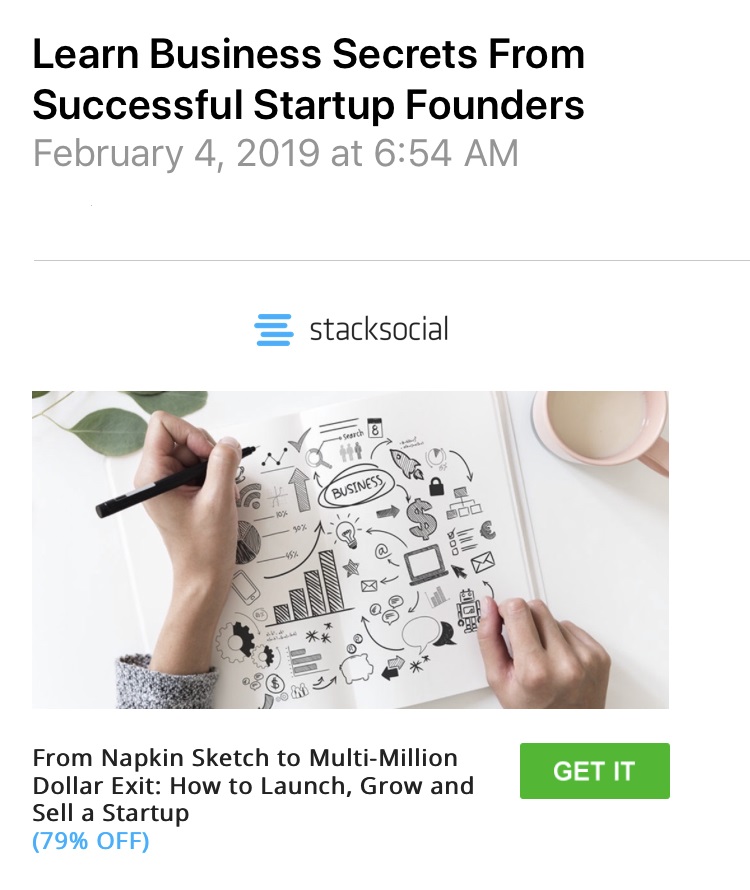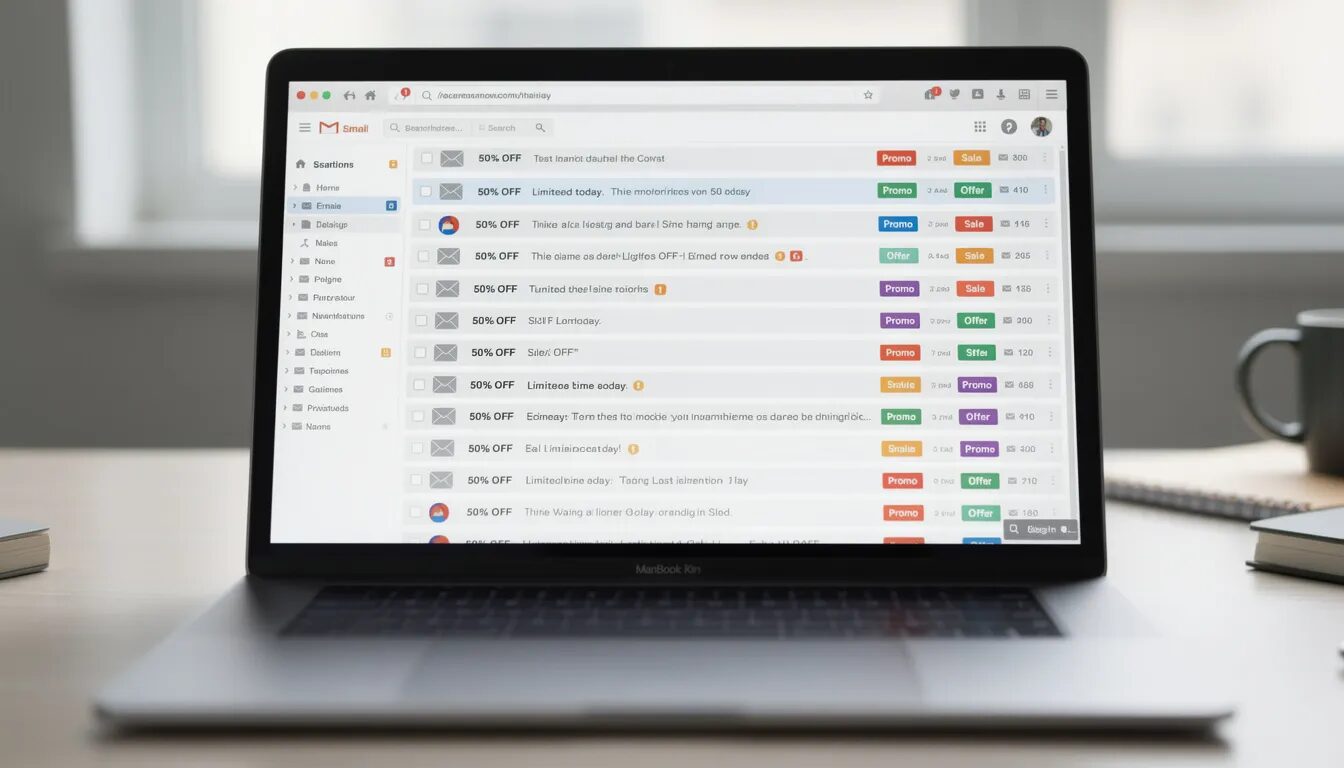
5 creative topics to get your email marketing mojo going
Creative email topics can skyrocket your open rates beyond the 18.1 percent average and yield more clicks, engagement and sales. In fact, 56 percent of consumers say they’re likely to click a link in an interesting email. So, don’t be afraid to shake things up and take a new approach. While not all of these ideas will work for your business, they’re sure to kick-start your creativity and get your email marketing mojo going.
1. Before and after
Don’t tell your audience your products and services are great. Show them instead with before and after photos that clearly illustrate why your company is superior. Examples include:
- Lawn Fertilizer 2000: Before & After Pics
- See the results of Jill’s 30-day weight loss challenge
- Kitchen remodels, before and after
- Website makeover before and after screenshots
This photo from CLIP Lawn Care shows customers that they can have beautifully manicured hedges without spending hours doing tedious yard work.

If you operate a B2B business and want to demonstrate the benefits of hiring you or buying your software, charts and graphs can replace photos in your emails.
2. Warning emails
Are your subscribers doing something wrong or inadvertently putting themselves in danger? Warning emails command attention and stress how important it is to follow your advice. Examples include:
- WARNING: Your soap is bad for your skin
- 5 ways your home is killing you
- Don’t use phosphorus on your lawn — try this instead
- Warning: your benefits are about to expire
- It’s the last day to save big on beachwear
- Your business is wasting thousands of dollars
The goal is to create a sense of distress and urgency to act, and that action can be purchasing your products or services.

3. Secrets revealed
Revealing secrets that help your audience achieve their goals and improve their lives is a powerful way to motivate email opens and clicks. Examples include:
- The #1 secret to healthy weight loss
- 5 secrets to a beautiful lawn
- The secrets our competitors don’t want you to know
- 7 secrets to sizzling summer style
- Tap into the secrets to total wellness
In the example below, Stack Social uses “secrets” in an enticing way, without sounding spammy — that’s the ticket to keeping your communications credible.

Secrets are interesting and intriguing, and letting your audience in on them will inspire confidence in your brand.
4. Celebrity name drops
You don’t need a celebrity endorsement to benefit from big names. Instead, your emails can offer commentary based on the things a celebrity does and says. For example, if a celebrity endorses a competitor’s product, you might call out their mistake. Or, if a celebrity mentions they like a certain activity, you can list the reasons why. Examples include:
- Kanye is making a huge mistake – here’s why
- Why Taylor wears red dresses (and you should, too)
- Which hair gel does Leo use?
- How to work out like Jennifer
Of course, you’ll want to be careful to not imply any kind of endorsement; but if you’re simply offering commentary based on things celebrities have said or done, it can be a fantastic strategy for generating more opens and clicks.
5. Disbelief
Disbelief can be intriguing and sensational — both powerful ways to motivate opens — and can result in resolutions that inspire customers to act. Examples include:
- You won’t believe this diet!
- We said social media doesn’t work. We were wrong …
- 10 unbelievable kitchens for your inspiration
- You have to see these Furniture deals to believe them
- Delicious side dishes you won’t believe are gluten-free
Sending the same old emails will only put your customers to sleep or drive them to unsubscribe, so dare to be different. Remember, your goal is to create content that customers engage with, appreciate and share. Step out of your comfort zone and start using fresh, new creative email ideas to rise above the clutter and the competition.
Join 140,000 small business owners
Editor’s note: This article was originally published in 2014 and has been rewritten for accuracy and relevance.
© 2019, Brian Morris. All rights reserved.
 SUBSCRIBE
SUBSCRIBE 


